Photographs: B Mathur/Reuters Rediff Business Desk
The Union Budget is the Annual Financial Statement of India presented every year on the last working day of February.
This time, however, the Union Budget will be presented on February 26, as February 28th is a Sunday. Also, since the stock market is closed on Saturday (Feb 27), the finance ministry decided that the Budget should be presented on a day when the markets are open so as to gauge the reaction of the market players. Thus, Budget will be presented on February 26 this year.
For the United Progressive Alliance-II this is the second Budget: the first having been presented by Finance Minister Pranab Mukherjee on July 6, 2009, soon after the Congress-led coalition was voted to power in the general elections last year.
For the record, Railway Minister Mamata Banerjee will present the Rail Budget on February 24, while the Economic Survey will be presented on February 25.
With people reposing faith in the UPA and voting for stability, this is the government's chance to fulfill its promises, ensure growth and development of the country, check runaway prices, and offer succour to the aam aadmi.
Click NEXT to what is the need for the Budget and what is the exercise all about. . .
Why the nation needs a Budget
Image: Unemployed youth looking for jobs.Photographs: Reuters
What is the Budget all about?
The Budget refers to the 'Annual Financial Statement', laid before both the Houses of Parliament (Lok Sabha and Rajya Sabha). This statement of accounts is valid for one financial year. The financial year starts on April 1 every year and ends on March 31.
The statement includes the estimated receipts and expenditure of the government of India for the financial year.
When was the first Budget presented?
The first Budget of independent India was presented on November 26, 1947 by Finance Minister R K Shanmugham Chetty.
Click NEXT for more. . .
Why the nation needs a Budget
Image: Indian Parliament.The need for a Budget?
There is a need for proper budgeting of resources. The country's resources have to be allocated for various governmental initiatives. Every item of expenditure has to be calculated and worked out for a specific period.
Prudent spending is essential for the stability of a government and proper earnings are a pre-requisite to wise spending.
Every budget deals with actual figures for the preceding years and revised figures for the current year and Budget estimates for the following years and how funds should be allocated to various projects and sectors.
Click NEXT for more. . .
Why the nation needs a Budget
Image: President Pratibha Patil.Photographs: Reuters
Who controls the Budget process?
The preparation of Budget for the approval of the legislature is a Constitutional obligation of the governments, both at the Centre and the State levels.
The elected representatives have a say over taxation proposals, expenditure and financial matters in our system of Parliamentary financial control.
When is Budget presented?
The President decides the date of the Budget. By convention, the Budget is presented in Parliament on the last working day of February.
Who has the responsibility for preparing the Budget?
The budget division in the finance ministry has the overall responsibility. It prepares the budget on the basis of proposals received from various departments and ministries and the availability of funds.
However, the final approval comes from the prime minister.
Click NEXT for more. . .
Why the nation needs a Budget
Photographs: Reuters
Demands for Grants
The estimates of expenditure included in the Budget and required to be voted by Lok Sabha are in the form of Demands for Grants. These demands are arranged ministry-wise and a separate demand for each of the major services is presented.
How is the Budget presented?
The finance minister presents the Budget in the Parliament. The Budget Speech of the finance minister is usually in two parts. Part A deals with general economic survey of the country, while Part B relates to taxation proposals.
The finance minister unveils proposals for fresh taxation in the Budget and makes important announcements in line with the government's agenda for growth and development.
The 'Annual Financial Statement' is laid on the table of Rajya Sabha after the finance minister winds up his speech in the Lok Sabha.
For more, click NEXT. . .
Why the nation needs a Budget
Image: Railway Minister Mamata Banerjee.Photographs: Reuters
Railway Budget
The Budget of the Indian Railways is presented separately to Parliament and dealt with separately, although the receipts and expenditure of the Railways form part of the Consolidated Fund of India and the figures relating to them are included in the 'Annual Financial Statement'.
What is Vote-on-Account?
The discussion on the Budget begins a few days after its presentation. The Parliament gets the opportunity to discuss the budgetary provisions and the various proposals for taxation.
Since Parliament is not able to vote on the entire Budget before the commencement of the new financial year, there is a need to keep enough finance at the disposal of government to run the administration.
A special provision is, therefore, made for a 'Vote on Account' by which government obtains the vote of Parliament for a sum sufficient to incur expenditure on various items for a part of the year.
Normally, Vote on Account is taken for two months only. But during election year or when it is anticipated that the main Demands and Appropriation Bill will take longer time than two months, Vote on Account may be for a period exceeding two months.
. . .
Why the nation needs a Budget
Photographs: Reuters
How does the consideration of the demands happen?
After the first stage of discussion on both the Railway and the General Budget is over, the House is adjourned for a fixed period. During this period, the Demands for Grants of various Ministries/departments, including Railways, are considered by concerned standing committees. These committees are required to make their reports to the House within specified period.
The system of consideration of Demands for Grants by the standing committees was introduced from the Budget for the year 1993-94.
The standing committee consists of 45 members: 30 from the Lok Sabha and 15 from the Rajya Sabha. The reports of the standing committees are of a persuasive nature.
What is a Cut Motion?
A process through which a reduction in the sums sought by government on grounds of economy or difference of opinion on matters of policy or just in order to voice a grievance is called cut motion.
. . .
Why the nation needs a Budget
Photographs: Reuters
What is an Appropriation Bill?
After the general discussion on the Budget proposals and voting on Demands for Grants have been completed, the government introduces the Appropriation Bill.
The Appropriation Bill is intended to give authority to government to incur expenditure from the Consolidated Fund of India.
The government is required to get the Budget passed by July 31, the date when the vote-on-account approved by Parliament allowing the government to withdraw money from the Consolidated Fund of India expires.
Click NEXT to find out what the Finance Bill is all about. . .
Why the nation needs a Budget
Photographs: Reuters
What is a Finance Bill?
After passing of Appropriation Bill, the Finance Bill is introduced and it incorporates all taxation proposals. At this stage, amendments for tax proposals can be moved.
The Finance Bill seeking to give effect to the government's taxation proposals which is introduced in Lok Sabha immediately after the presentation of the General Budget, is taken up for consideration.
However, certain provisions in the Bill relating to levy and collection of fresh duties or variations in the existing duties come into effect immediately on the expiry of the day on which the Bill is introduced.
Parliament has to pass the Finance Bill within 75 days of its introduction. It enters the statute as the Finance Act, after which final Budget gets approved.
What are Supplementary/Excess Grants?
The government cannot spend more than the sum authorised by Parliament. When there is a need for extra expenditure, a supplementary estimate is laid before Parliament.
If any money has been spent on any service during a financial year exceeding the amount granted for that service and for that year, the minister of finance/railways presents a Demand for Excess Grant.

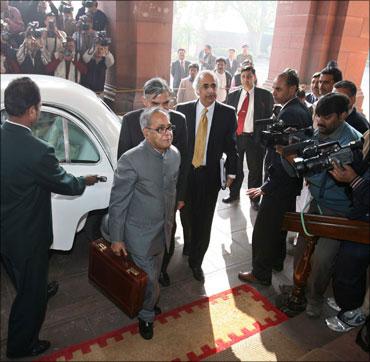
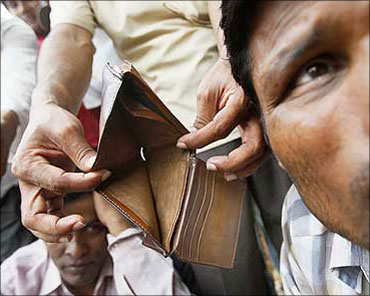
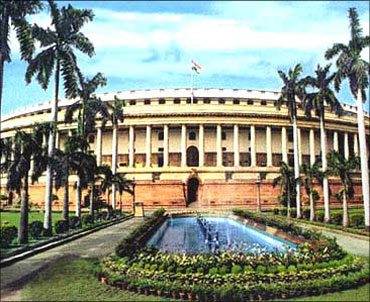
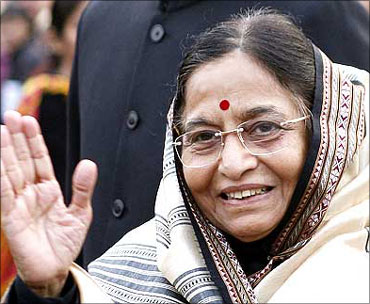
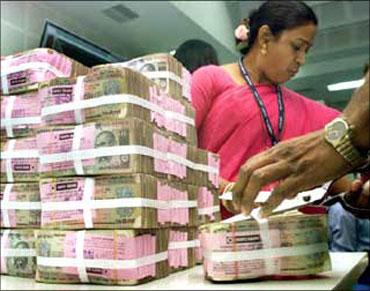
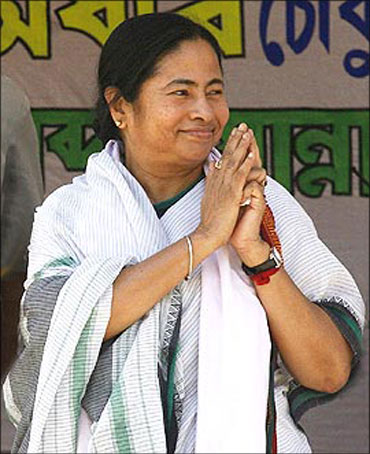
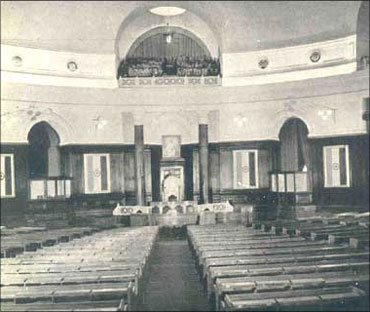


article